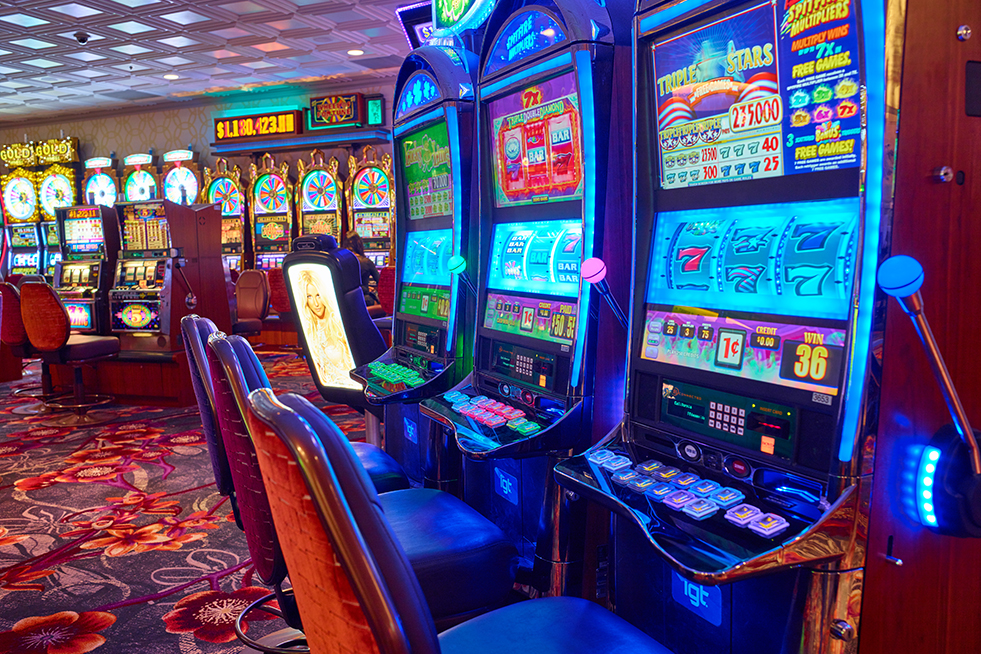
Casino games have long captured the interest of humans around the world, becoming an integral part of both fun and culture. From the shimmering lights of the Vegas Strip to the immersive experience of virtual casinos, these activities evoke thrill, risk, and sometimes even a sense of nostalgia. They are beyond simply pastimes; they have woven themselves into the texture of society, influencing various aspects from movies and melodies to fashion and books.
The allure of casino games surpasses the wagering aspect, tapping into wider themes of serendipity, chance, and psychology. As players convene around a card table or spin the roulette, they engage in an age-old ritual that resonates with our collective desire for excitement and instability. This obsession has led to the emergence of numerous references in cinema, songs, and gaming, showcasing how deeply entrenched these pastimes are in popular culture. Whether it is the pressure of a legendary heist movie or the lively nightlife portrayed in recordings, casino games have carved out a substantial role that reflects our connection with risk and reward.
Social Importance of Gambling Games
Casino activities have played a key role in cultural contexts throughout the ages. Stemming from old societies, games of chance were often connected to ceremonies or gatherings. For example, early iterations of gambling can be linked back to historic Chinese and the Romans, where die games and wagering on results were popular pastimes. These games not only functioned as entertainment but also as methods of connecting people, facilitating relationships among people within communities.
As cultures evolved, so did the complexity and structure of gambling games. The establishment of official casinos in the 17th century, particularly in the Italian region, marked a major shift in how games were perceived and structured. With designated spaces for gambling, the casino became a social hub where people from different backgrounds convened. This change contributed to the validation of gambling, transforming it from a mere pastime into an organized industry that influenced the economy and policy.
The effect of casino games on popular culture cannot be understated. As they were brought into the limelight in books and film, games such as Texas Hold’em and 21 became icons of chance, chance, and tactics. Iconic characters and stories have developed around these activities, illustrating societal attitudes towards fortune, prosperity, and immorality. This fascination with gambling games has infiltrated various forms of entertainment, cementing their place in the collective consciousness and linking them to broader cultural stories throughout history.
Depiction of Gambling Activities in Media
Casino games have long been a popular topic in various forms of media, reflecting both the thrill and complexities of gambling culture. Movies such as Ocean’s Eleven and Casino Royal portray individuals who navigate dangerous scenarios, showcasing not only the appeal of the casino atmosphere but also the strategies and judgments that come with playing popular games like Texas Hold’em and blackjack. These films often dramatize the thrill of winning and the potential results of losing, encapsulating the risks involved in betting.
Television shows have also explored the universe of gambling activities, often integrating them into the storyline as a backdrop for character development and conflict. Series like Las Vegas depict the stories of casino workers and customers, highlighting the dynamic, often chaotic energy of the gaming floor. Docuseries featuring high-stakes betting contests further emphasize the attraction of gambling activities, drawing viewers into the excitement and tactics involved in each session. Through these representations, media not only engages but also sparks conversations about fortune, expertise, and the essence of chance.
Gaming have increasingly included gambling activities into their design, allowing players to recreate the feeling of gambling without monetary loss. Titles within the realm of digital gaming often include virtual slots, online poker, and other popular casino games, creating an interactive experience that mirrors real-life gameplay. These digital representations make gambling activities accessible to a broad demographic, appealing to both risk-takers and those who enjoy the thrill of simulation. As a consequence, the representation of gambling activities in entertainment continues to shape cultural attitudes and cultural relevance, highlighting their function in society and culture.
Impact of Casino Games on Society
Gambling activities have a meaningful effect on society, influencing various aspects of societal norms and interpersonal behavior. They often serve as a venue for community engagement, where people come together to experience a shared experience. Casino trips with friends or visits to casinos become social activities that build connections and create shared moments. This collective aspect enhances the fun value of gambling activities, making them a favored choice for celebrations and recreational pursuits.
Moreover, gambling activities have been portrayed in numerous movies, TV series, and written works, shaping perceptions and opinions towards gambling and betting. Icons like James Bond competing in baccarat or the high-stakes poker scenes in films have embedded these games in the collective imagination. KUBET This depiction often idealizes the lifestyle associated with gambling, drawing in new players and influencing trends in both style and conduct. These representations can spark curiosity and lead to a more profound investigation of the nuances of gambling.
Nonetheless, there are also negative implications linked to the widespread appeal of gambling activities. The temptation of quick monetary gain can lead to problem gambling and financial troubles for some people. Society must contend with these consequences, promoting responsible gambling and education of the risks involved. Finding a balance between the fun aspect of casino games with the potential for harm is crucial to ensure that they continue to be a beneficial aspect of our societal fabric.
